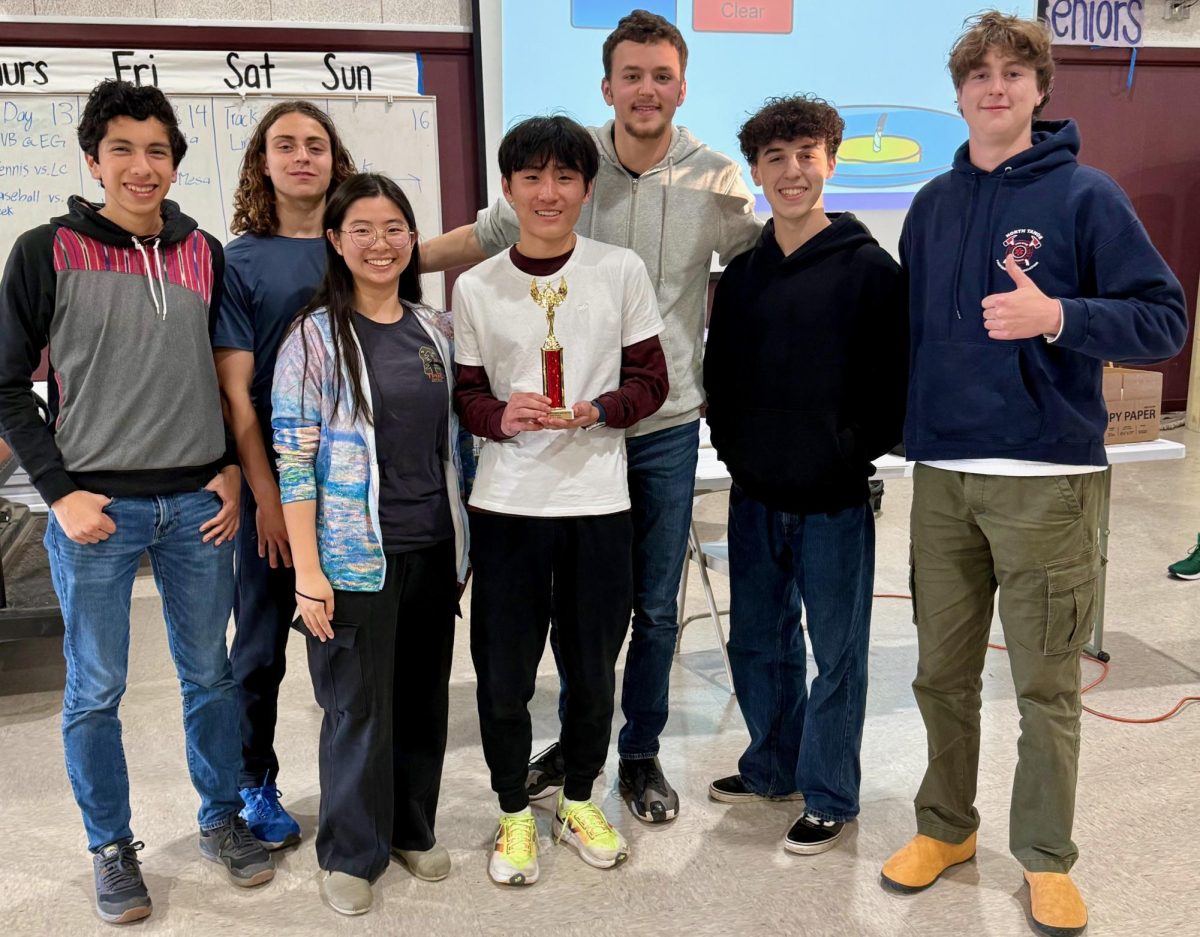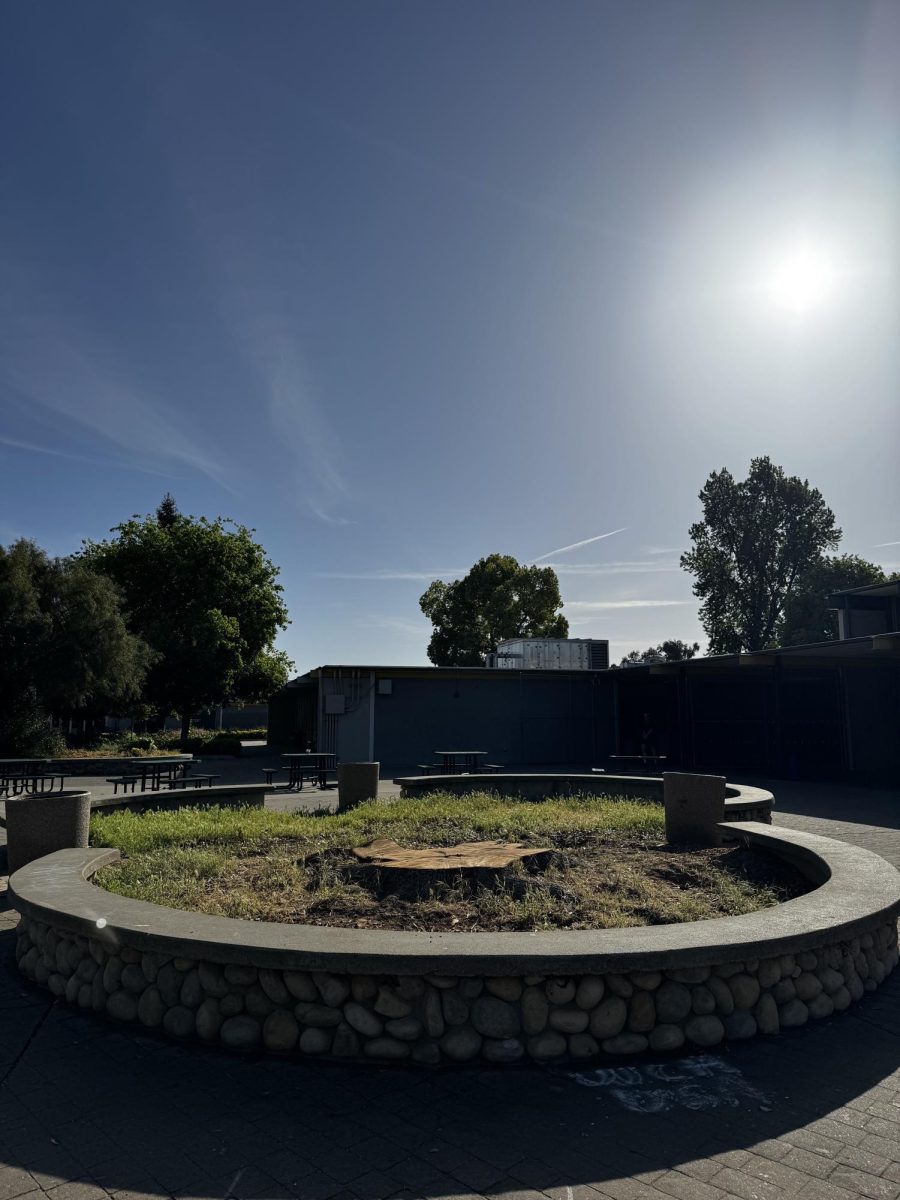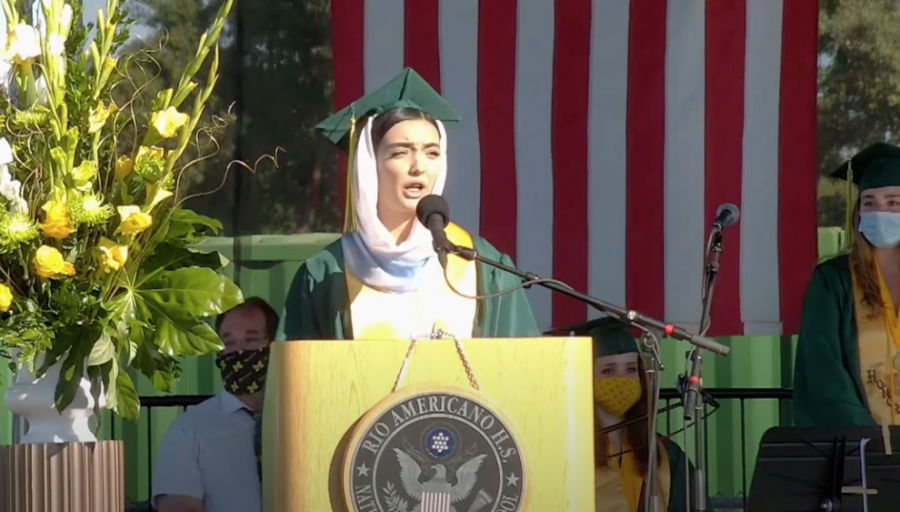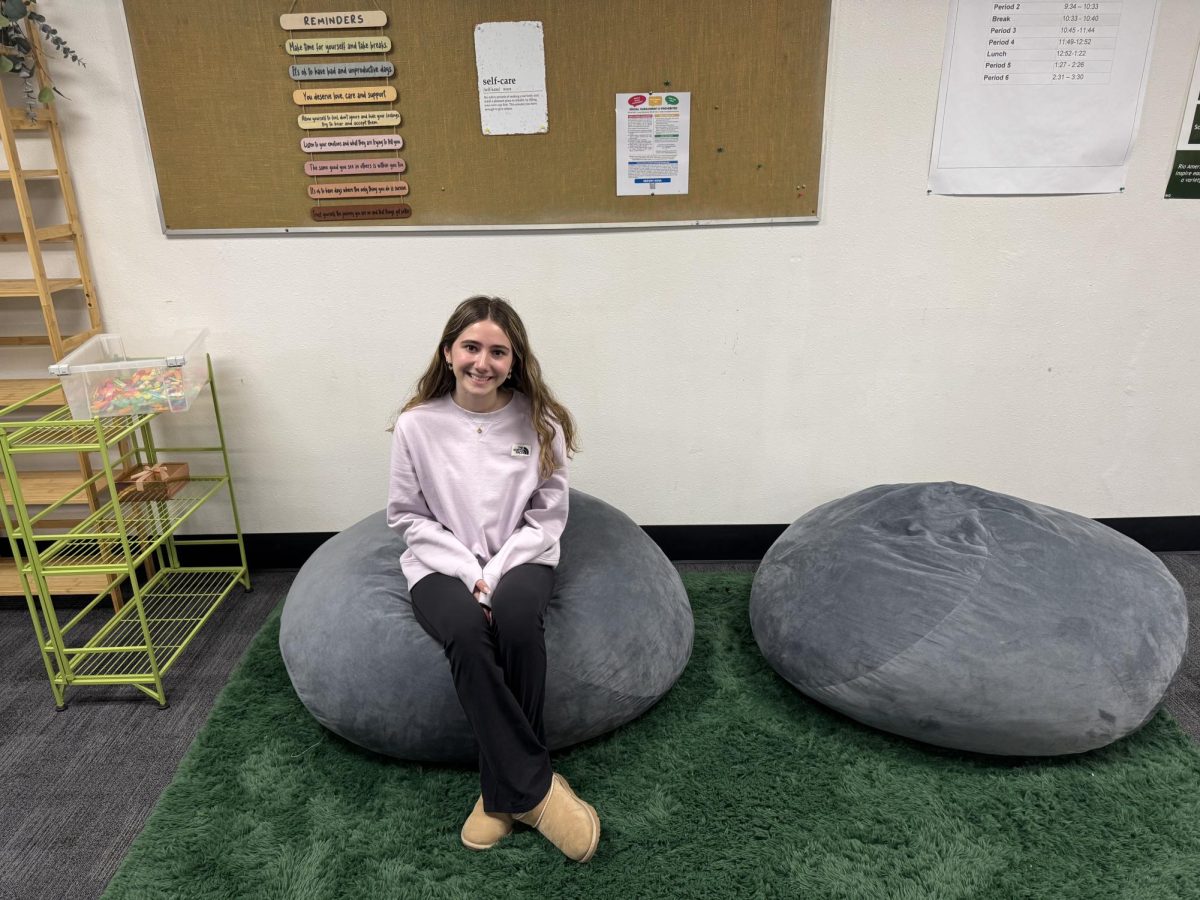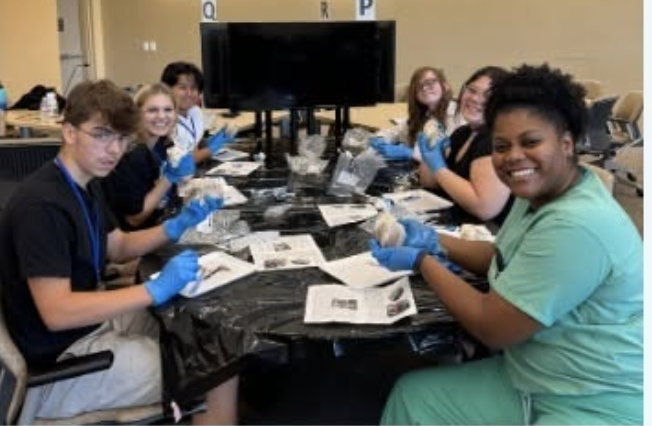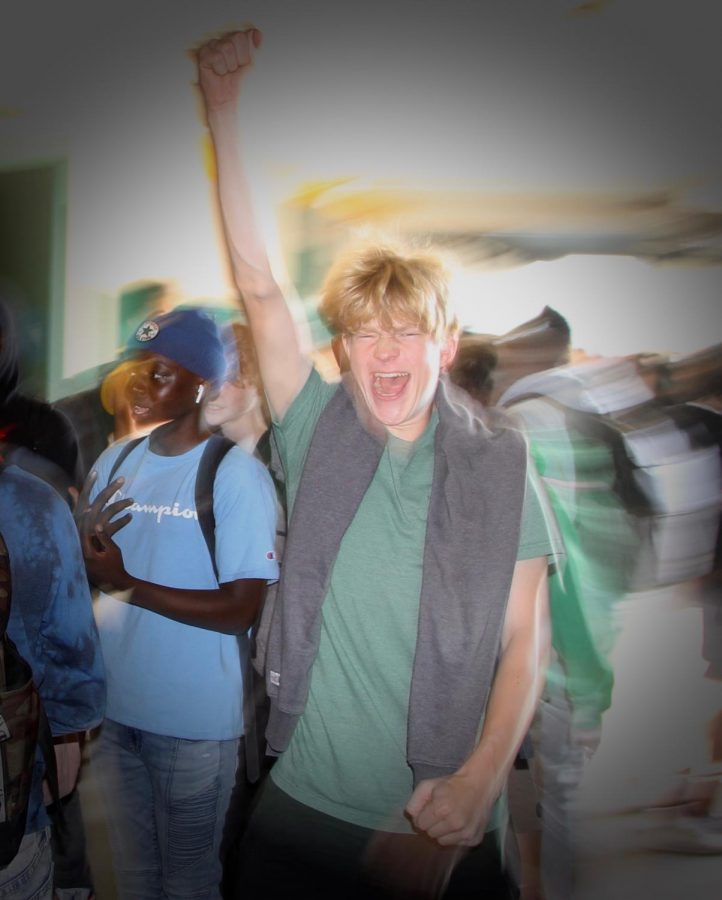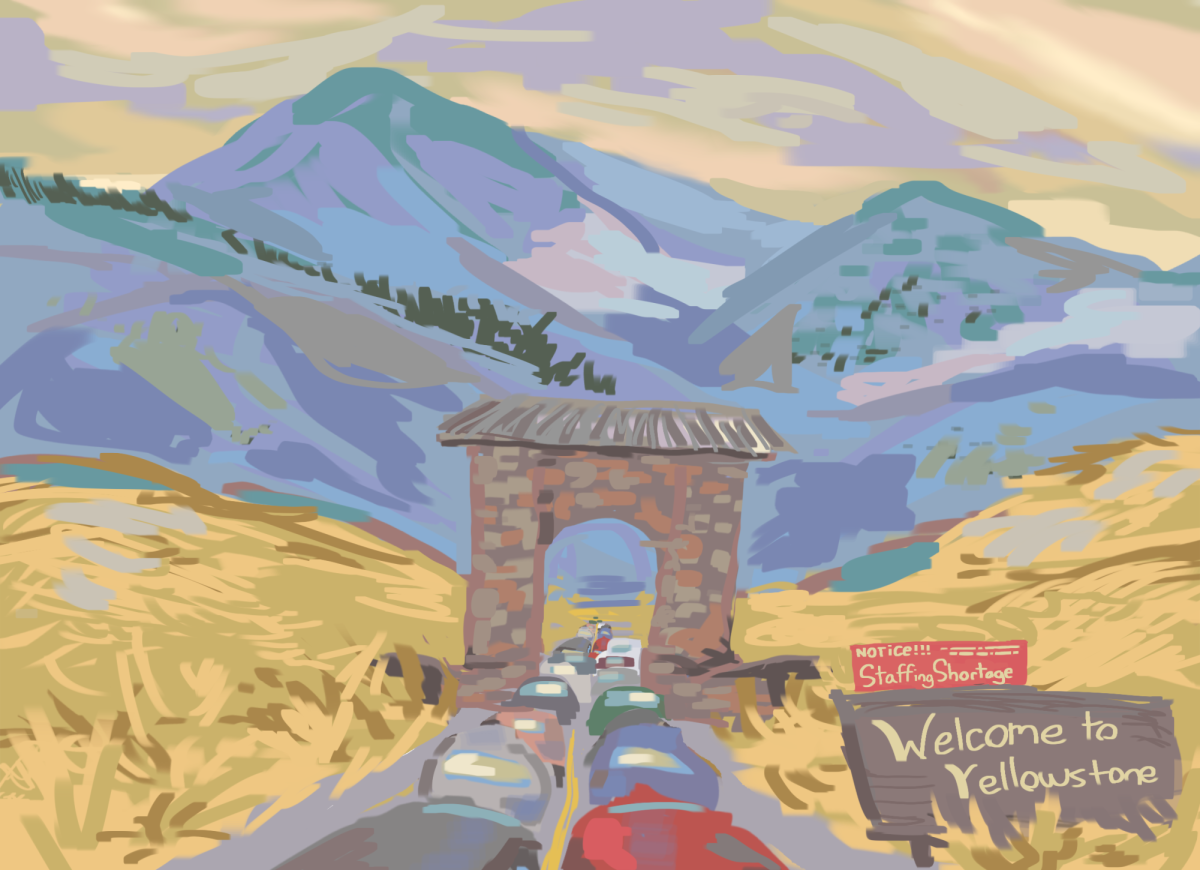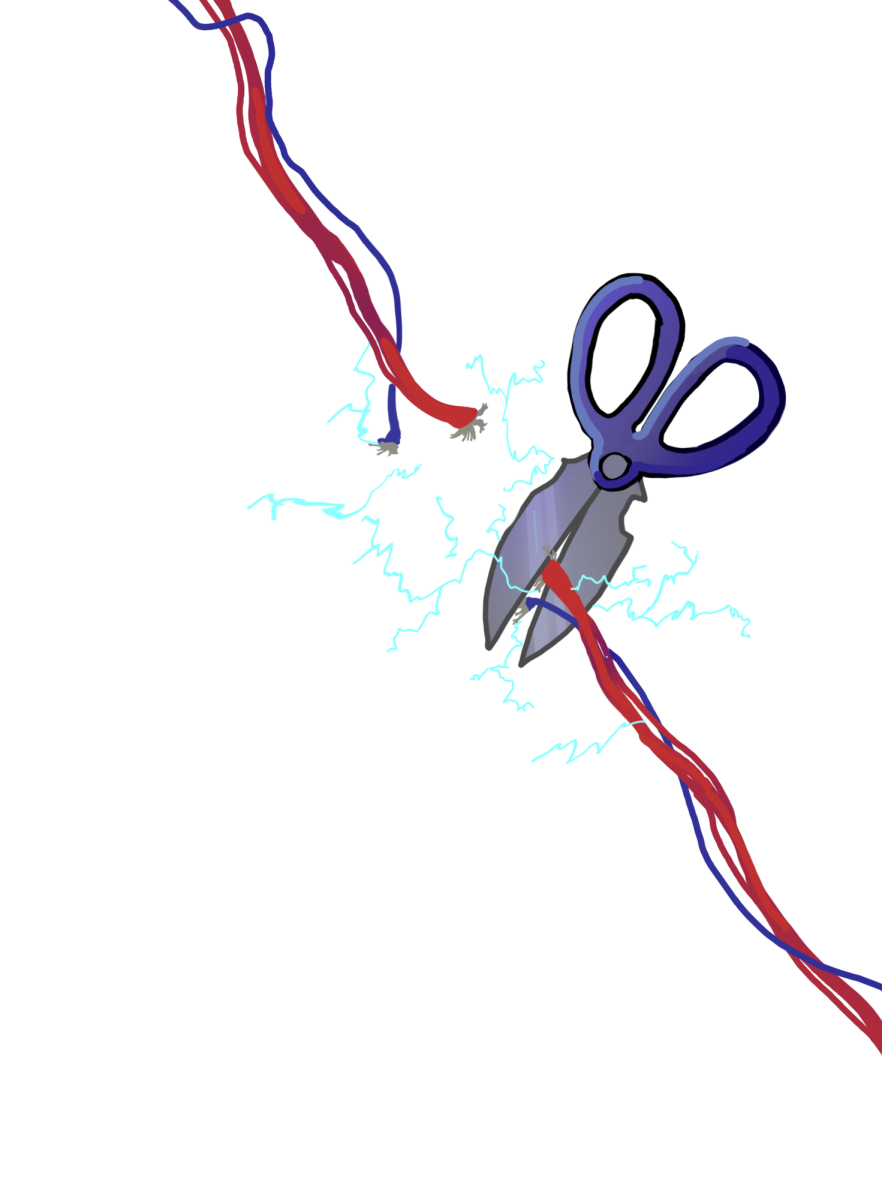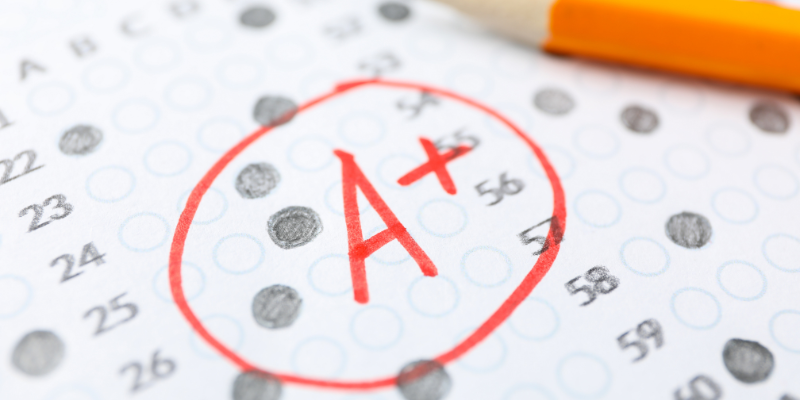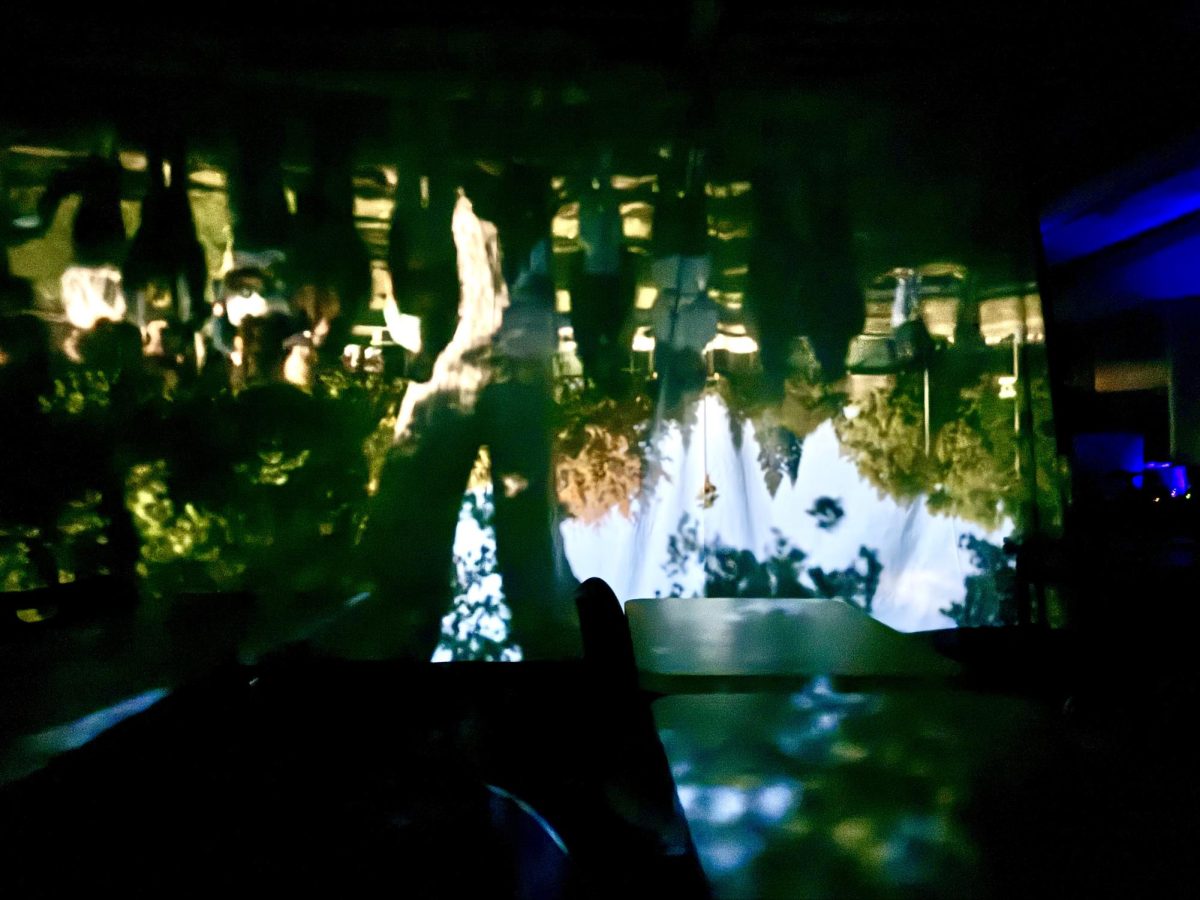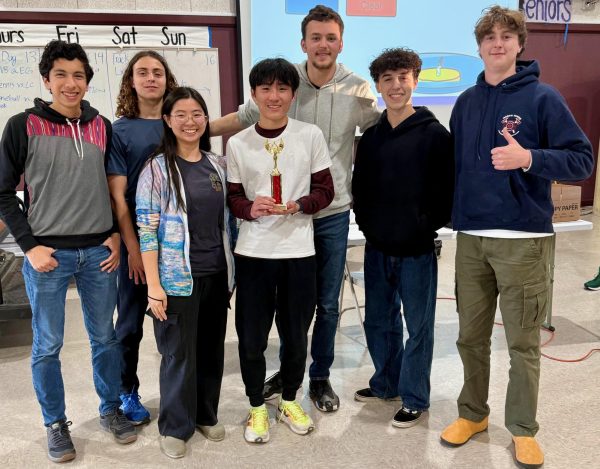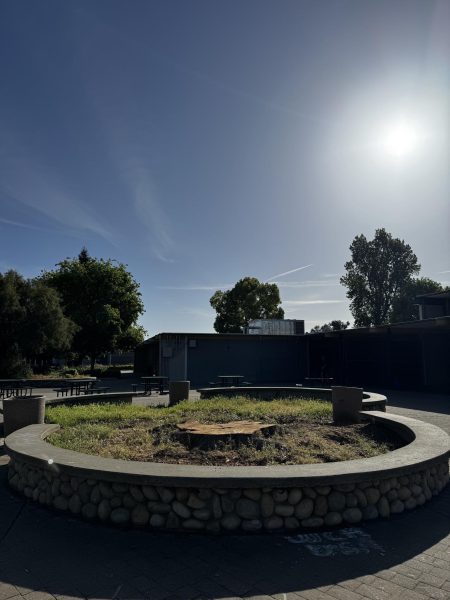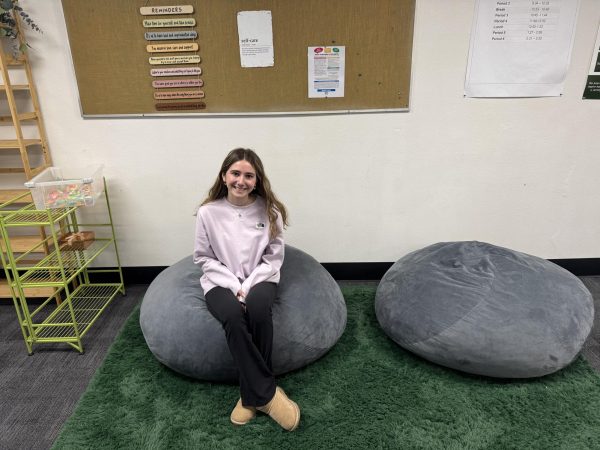Bearson: Romeo and Juliet
Although written during the date provided, this article was republished during 2020 by Nicolas Gorman to put it on the website. The author is unknown.
Honors English Classes Spice Up The Classroom
Freshman Students Take On Shakespeare’s Famous Love Poem
Every high school student goes over Shakespeare’s Romeo and Juliet at one point in their educational career, but not every student has the chance to study it the way Adam Bearson’s english classes do.
“Shakespeare originally wrote the play for performance and you get a completely different understanding of the play by performing it,” said Bearson. “Any study of Shakespeare that is not a performance is incomplete.”
Both, honors classes and one regular English class, get to produce this 75-minute production as their final and are beginning to prepare for it now.
“Each performance is different,” said Bearson. “The actor’s have to make choices that are based on the understanding of the character and the choices that they make for their character reflect on their understanding of the play.”
Their understanding of the play is also what they’re graded on.
Freshman Jonathan Salman, who landed the role of one of four Romeos in his class period, is looking forward to this production rather than another odyssey of book work.
“Doing the play is definitely more fun, more active, it’s a bit less passive than reading it,” he said. “I look forward to filling my role in the play, being the main character, not just saying the lines but putting feeling into it.”
The class split the leading roles between acts while supporting roles are split between two or three different people, and smaller roles are given to most of the people working behind the scenes.
“As far as ‘Who’s Romeo? Who’s Juliet?’ That seems to come more from the students, they care more about that more than me,” said Bearson. “I just want them to have the experience of being on stage and reading the play. I’m not casting like a drama director, thinking, ‘That person would be a nice Romeo and that person would be a nice Mercutio.’ It’s more random.”
While the class is taking somewhat of a break from book work, there are still activities including the text that will be conducted.
“About the language of the text or about the poetry or the themes, we’ll sit and analyze and have conversations,” Bearson said. “Those are not performance-based activities, those are text-based activities. Exploring different interpretations of the text are more of an English activity than settling on one interpretation of the text and making that interpretation physical and visible is more of the performance.”
With the work going into this production for the honors classes, why is it the same expectation for that one regular class?
“Period Two elected to do the same script, with a third fewer people, as the honors students,” he said, “I’m super impressed that they wanted to do that, I can’t believe they’d actually want to do that. We’ll see if it comes off, I’m a little nervous about it, it’s not the script I would’ve chosen for them, but we’ll see.”
The main reason Period two chose to do the larger script is “so we didn’t have to do option two,” option two being the second choiced checklist of book work for the script that required students to do more writing.


